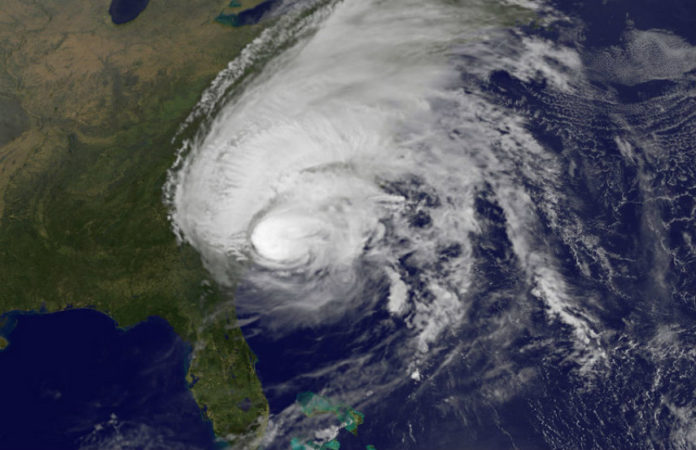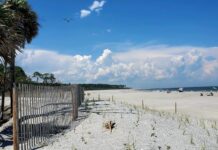The 2020 Atlantic hurricane season has already busy through early August and it could end up being one of the most active on record, according to two separate outlooks released this week by NOAA and Colorado State University. In fact, the 2020 hurricane season now predicted to be 2nd worst in modern record.
NOAA’s outlook released Thursday predicts an “extremely active” season with 19 to 25 named storms, including 7 to 11 hurricanes with 3 to 6 of those hurricanes possibly becoming major hurricanes.
“This year, we expect more, stronger, and longer-lived storms than average, and our predicted ACE range extends well above NOAA’s threshold for an extremely active season,” said Gerry Bell, Ph.D., lead seasonal hurricane forecaster at NOAA’s Climate Prediction Center.
Colorado State University’s outlook released Wednesday calls for 24 named storms, 12 of which are expected to become hurricanes, and five of those hurricanes becoming major hurricanes.
The CSU forecast is almost double the 30-year (1981-2010) average of 13 named storms, seven hurricanes and much worse than its last outlook issued earlier this spring.
If the forecast holds, it would have the second most number of storms in any season, just behind 2005’s 28 storms, making 2020 hurricane season predicted the 2nd worst. It would also tie both 1969 and 2010 for the second most hurricanes in any season, again trailing only 2005’s 15 hurricanes.
The CSU and NOAA outlooks include the nine named storms and two hurricanes that have already formed.
If the forecast number of named storms from CSU and the upper-end of the NOAA’s outlook happen, it would use up the entire list of 2020 tropical storm and hurricane names and require use of the Greek alphabet for the remaining named storms. That’s only happened once before in the record-smashing 2005 hurricane season.
While there have been nine named storms already this season, much of the hurricane season still lies ahead. One or more of the remaining named storms predicted to develop this season could hit the U.S. or none at all.
That’s why residents of the Lowcountry should prepare each year…no matter the forecast.










